
Sagar Hirva F1 Hybrid Muskmelon Seeds, High TSS, Uniform Fruit Size, Suited For Summer Season
25% Off



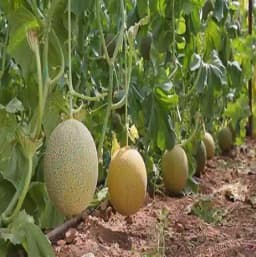
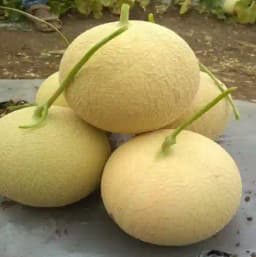


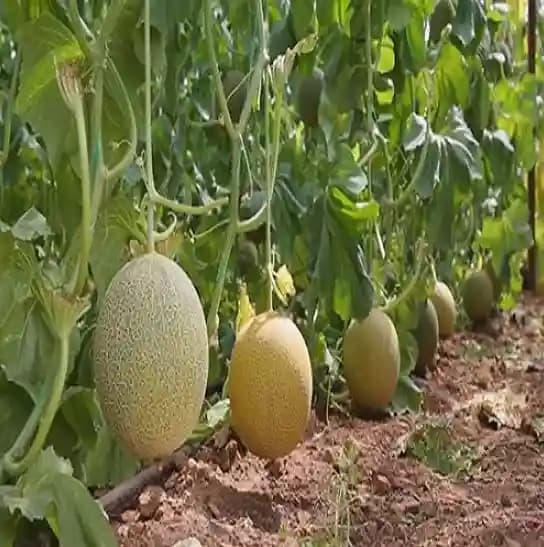

| Brand: | Jivit Seeds |
| Product Code: | 8127 |
| Country of Origin: | India |
| Category: | Seeds |
| Sub Category: | FRUIT CROP |
| Sub Sub Category: | Musk Melon |

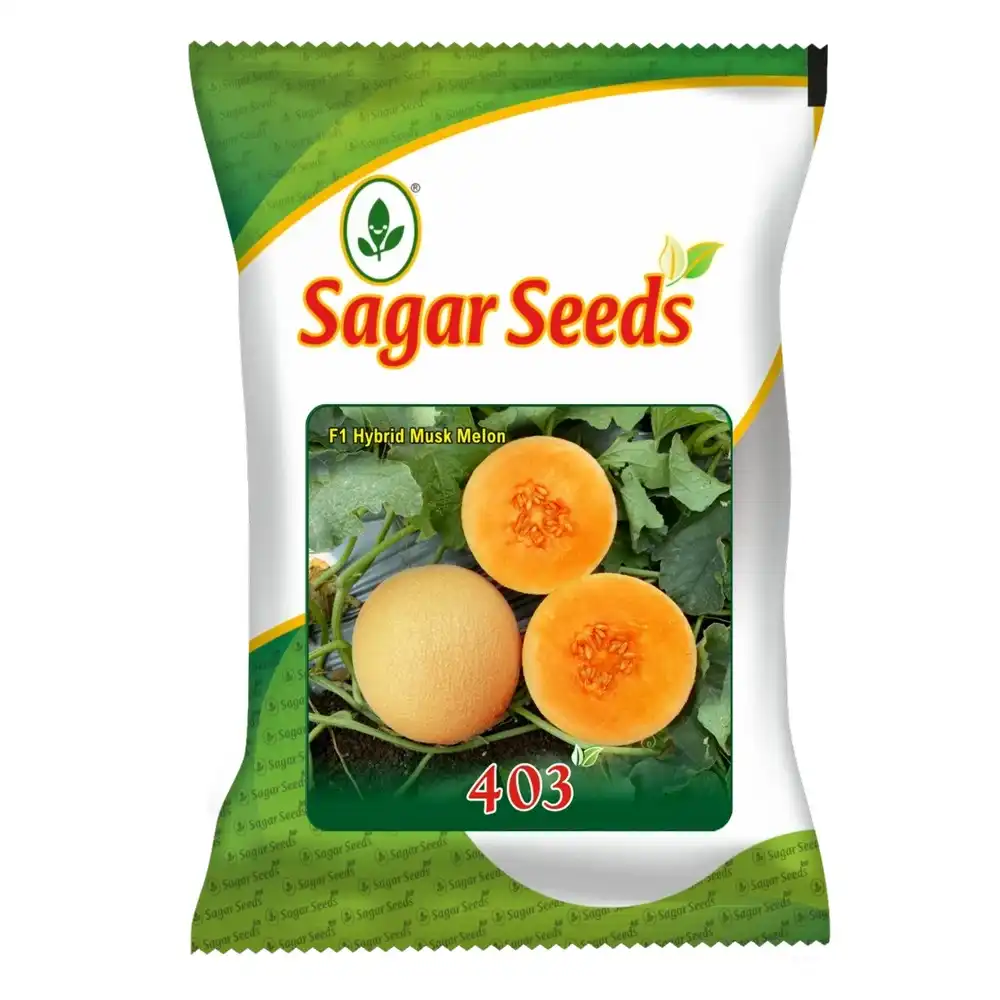
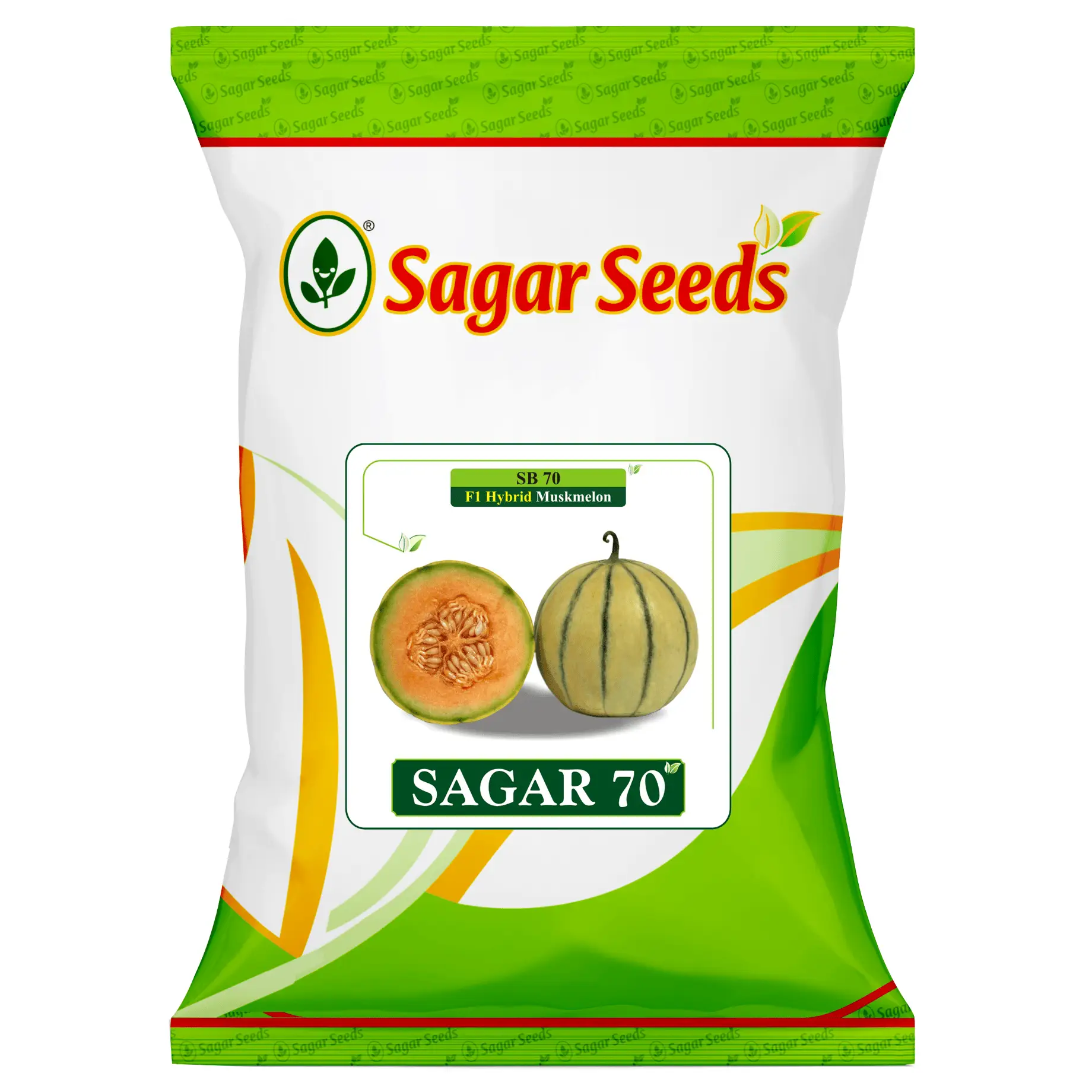
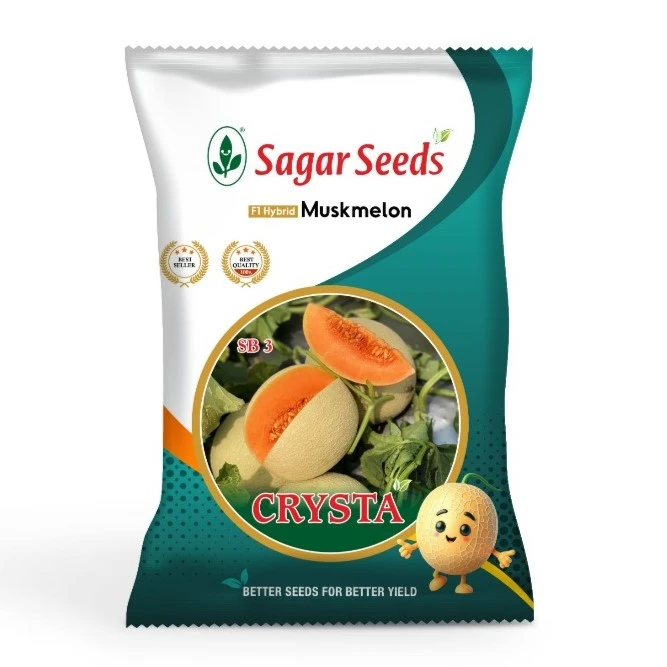

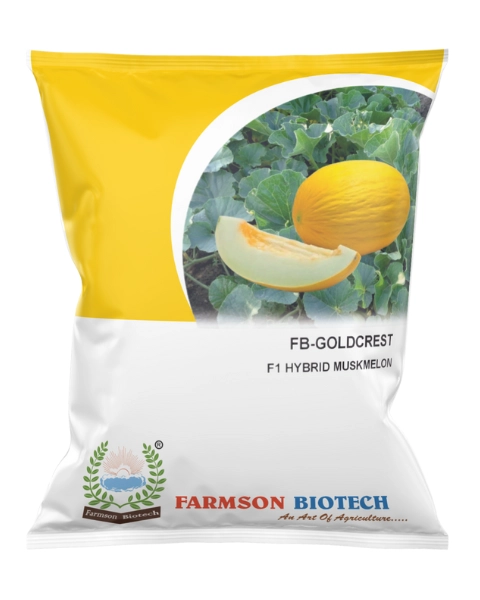
No reviews yet. Be the first to review this product!